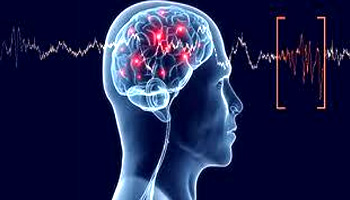 A neurological disorder is any disorder of the body's nervous system.
Structural, biochemical or electrical abnormalities in the brain, spinal cord or other nerves can result in a range of symptoms. Examples of symptoms include paralysis, muscle weakness, poor coordination, loss of sensation, seizures, confusion, pain and altered levels of consciousness.
A neurological disorder is any disorder of the body's nervous system.
Structural, biochemical or electrical abnormalities in the brain, spinal cord or other nerves can result in a range of symptoms. Examples of symptoms include paralysis, muscle weakness, poor coordination, loss of sensation, seizures, confusion, pain and altered levels of consciousness. Neurological disorders are diseases of the central, peripheral, and autonomic nervous systems, neuromuscular junctions including their coverings, blood vessels, and all effected tissue, such as muscles.
The structural, biochemical or electrical abnormalities in the brain and the spinal cord can result in wide range of symptoms. There are more than 600 known neurological disorders that disturb the human nervous system and the treatment options are also very limited for most of the disorders. These disorders mainly includes Alzheimer's disease, Parkinson's disease, depression, schizophrenia, stroke, migraine and many diseases. There may be specific reasons for the cause of these disorders which includes genetic disorders, congenital abnormalities, life style, malnutrition, brain injury all these may involve in the damage of nervous system functioning.
These disorders are classified and categorized based on their primary location that is affected. The division is generally done between the CNS disorders and the PNS disorders. Neurological examinations are done in order to evaluate the damage and disease caused by examining behavior, testing the memory, cognition.